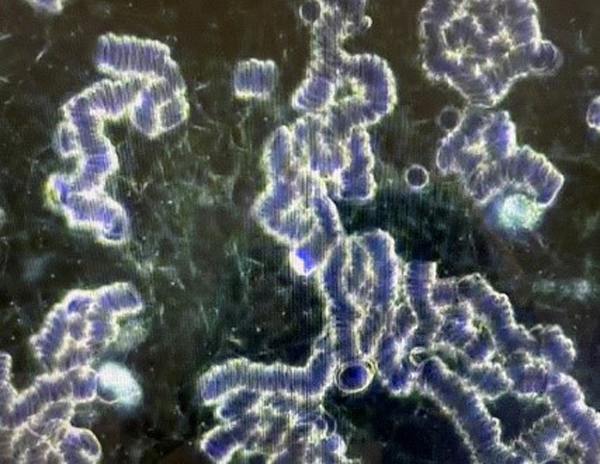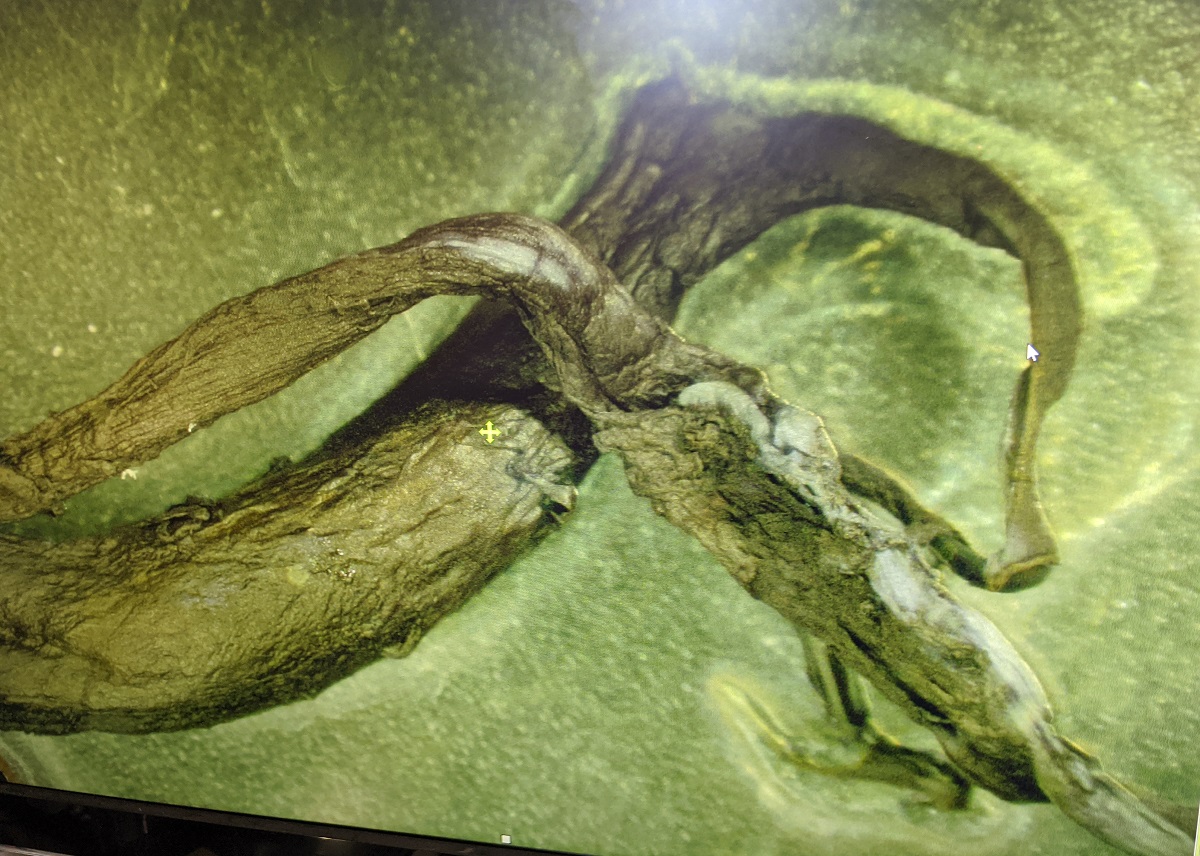Paper arguing for intelligent design passes peer review
12/14/2020 / By Franz Walker

A new paper that has argued for the concept of intelligent design (ID) has just passed peer review. Published in the Journal of Theoretical Biology, the paper argues that living beings are too exquisitely complex to have arisen by mindless, purposeless forces of nature, expressing this argument in mathematical terms.
In the paper, researchers Steinar Thorvaldsen of The Arctic University of Norway and Ola Hössjer of Stockholm University asked the question of whether or not “fine-tuning” could be detected in biology as it could in physics.
“Fine-tuning” can be applied to biology, not just physics
Thorvaldsen and Hössjer approached the subject by looking at the concept of fine-tuning. In physics, this is the process in which parameters of a model must be adjusted very precisely in order to fit with certain observations.
The use of fine-tuning in physics has led to the discovery that the fundamental constants and quantities fall into an extraordinarily precise range. Had these not fallen into this range, then the origin and evolution of the universe as it exists today would not have happened.
“Fine-tuning has received much attention in physics, and it states that the fundamental constants of physics are finely tuned to precise values for a rich chemistry and life permittance,” they write. “It has not yet been applied in a broad manner to molecular biology.”
In their paper, Thorvaldsen and Hössjer use complex mathematical models to offer a statistical framework for determining whether certain features in living things are fine-tuned. Through this method, they demonstrate how certain cellular networks, functional proteins and even the biochemical machinery found in cells exhibit evidence of “fine-tuning.”
“Fine-tuning is a clear feature of biological systems,” the authors state. “Indeed, fine-tuning is even more extreme in biological systems than in inorganic systems.”
“It is detectable within the realm of scientific methodology,” they added.
New paper builds on past ID thinking
Other researchers and scientists have brought up the concept of fine-tuning in the past. Indeed, Thorvaldsen and Hössjer also make reference to a number of works on the subject.
In particular, they cite the work of ID theorist William Dembski who, in his own work, has argued that nature and the building blocks of life have a “specified complexity.” In addition, Thorvaldsen and Hössjer also invoke biochemist Michael Behe and his concept of “irreducible complexity” as a measure of fine-tuning in life.
What makes Thorvaldsen and Hössjer’s work more notable, however, is that it passed peer review. With this, it not only challenges the thinking of the current scientific establishment but does so in a manner that uses established scientific methodology and has passed academic muster.
That said, peer review doesn’t mean that everyone in the scientific establishment is satisfied with their research. Soon after their paper was published, the Journal of Theoretical Biology ran a rebuttal written by the Georgia Institute of Technology‘s Joseph Lachance, Corinne N. Simonti and Joshua S. Weitz.
“The primary claim of Thorvaldsen and Hössjer is that protein complexes, molecular motors, and biological networks are not random,” the rebuttal read. “This is true – in a mathematical sense – but is not a new discovery. What they claim to be novel is the conclusion that the existence of these specific systems amongst the space of all possible systems is so rare as to only possibly exist by ‘fine-tuning’ – a proxy for intelligent design.”
ID proponents, however, have called the rebuttal weak, saying that it never really explains why the authors believe fine-tuning does not mean design. (Related: Science #CreatorGate flap demonstrates cult-like obedience of present-day scientists who are intellectually intolerant.)
“The authors of the letter never explain why fine-tuning doesn’t imply design,” writes Evolution News. “They just assert that it doesn’t.”
Follow CensoredScience.com for more on scientific theories that go against what the mainstream establishment wants you to think.
Sources include:
Submit a correction >>
Tagged Under:
cosmic, discoveries, Evolution, fine-tuning, intelligent design, peer review, religion, research, science, Universe
This article may contain statements that reflect the opinion of the author
RECENT NEWS & ARTICLES
COPYRIGHT © 2017 DISCOVERIES NEWS





















